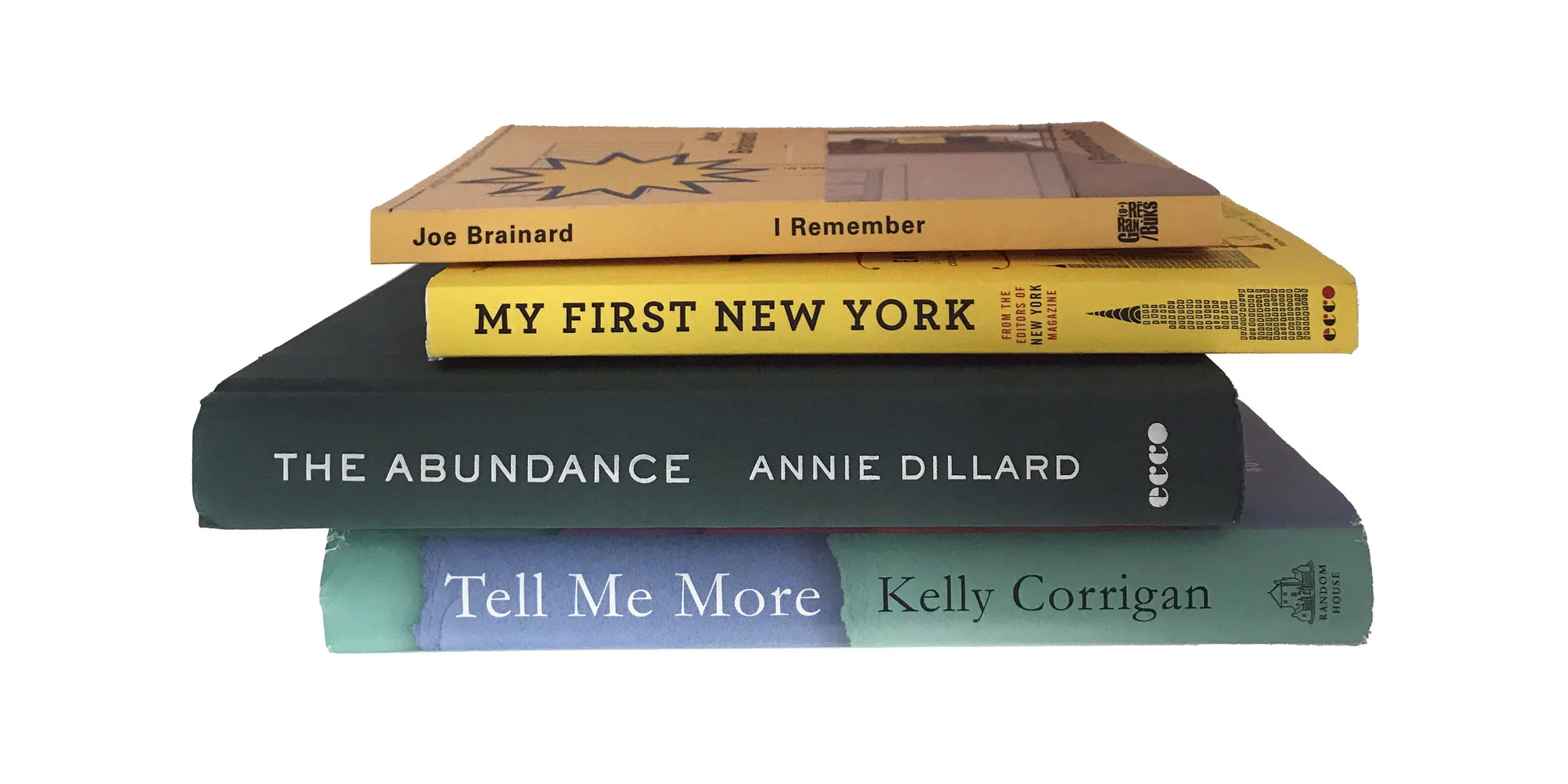A fun—and easy!—exercise for generating new autobiographical writing
This simple writing prompt will get you typing—and it will provide lots of ideas for future writing, too. All it takes is eight minutes!
A blank page is sometimes—heck, often—all it takes for us to back away from our desk and ignore our writing. But rather than turn to dusting or laundry or making multi-level to-do lists (all active forms of procrastination I have indulged in, I admit), instead, try a writing prompt to get your pen moving.
Writing prompts are so powerful because they are low-pressure (no expectation of publication, no working towards a finish line!); and they are elastic (let your ideas go in any direction you wish, and write anywhere—even during the 15-minute train transfer on your commute).
And while writing in response to a prompt can serve to simply get your creative juices flowing, doing so can also supply you with a bank of ideas for future writing.
When it comes to autobiographical writing, this multi-part writing prompt guarantees to result in a list of topics for you to mine when you sit down to write your memoir in earnest.
An iterative writing prompt for aspiring memoir writers
Get inspired!
For inspiration, check out the Six-Word Memoirs site—it’s chock-full of small-dose mini-memoirs (or order one of their books to keep by your desk).
Set a timer for 8 minutes.
Jot down as many one-sentence memoirs as you can.
If you were to stop here, you’d have brainstormed some ideas you can write about down the road. But if you keep going…
Choose one of those one-sentence memoirs and write as many first lines as you can for that memoir.
Or
Choose one of those one-sentence memoirs and write as many chapter titles as you can think of.
Or
Choose one of those one-sentence memoirs and write as many memories associated with it that you can think of.
…by doing any of these options that build upon the first writing prompt, you’ll likely discover which ideas are most fertile—and which simply don’t have legs.
This approach relies on your gut for idea generation—try to keep your pen moving (or your fingers sweeping across your keyboard) with no thought for editing or deliberation. Don’t worry if the one-sentence memoir you are writing has any merit or potential—just write it. Then write another, and another, until your timer goes off.
If you’ve never done brainstorming in this way, chances are you will love the sense of freedom and inspiration that comes with it (I know I do!). But the best part, in my opinion, is that you’ve now got a rough list of topics to consider: Should I write about this? How about that?
Next step: How to tap your ideas for real memoir writing
Wait at least a few days (that emotional and narrative distance is helpful). Then sit down and review your list of one-sentence memoirs—and all the writing associated with them—and take note of which ones resonate. Which ones make you itch to pick up your pen and start writing immediately? Which one makes you feel uncomfortable in that good way—you know, when you fear diving in but know deep down that there’s something substantive there?
Transfer these ideas to a notebook or new document. Consider this your own personal library of memoir writing prompts. Then: Start writing.














Stay inspired with 52 weekly writing prompts for journaling and family history. Capture memories, dreams, and stories big and small. Bonus: Downloadable guide!